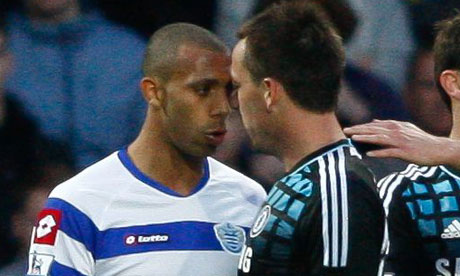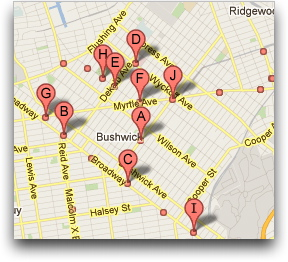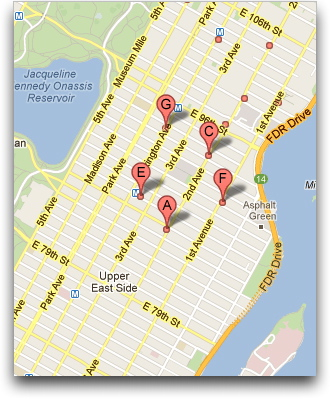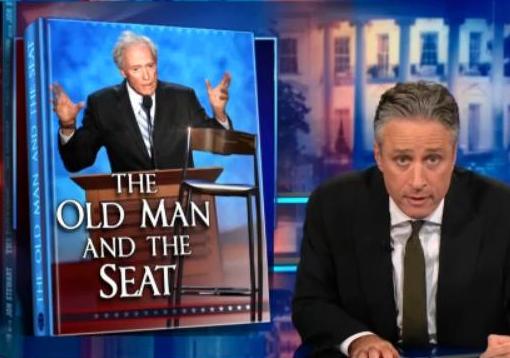It’s worth revisiting this: debt is a system of social disciplinary control at national and international level. This system operates a means of deflecting opposition to itself, namely the amplification of resentment against “others,” which in the developed world manifests as increased racism. This interface is in high gear at present.
Greece is perhaps the most direct example of this interaction. This week, the all-powerful ratings agency Moodys raised Greece’s outlook to B-. This “promotion” is in fact an indication that austerity measures have been sufficiently implemented and that opposition to them has been contained. It is an index for the international bond market and a huge win for the vulture capital funds that bought Greek debt at intense discount. Expect a Michael Lewis book about vulture funds next year.
In the meantime, as the social protest against austerity has been blocked by the Troika, the rise of Greek fascism continues. Golden Dawn direct people’s anger at the impoverished but visibly different African migrants, who arrive in Greece at least in part because the rest of Europe makes such strenuous efforts to keep them out. No matter that the late Martin Bernal showed in his three volume work Black Athena that ancient Greek civilization learned extensively from Egypt (and Semitic Middle Eastern cultures), so that what we call “Greece” was always already a hybrid.
It’s a finely tuned gamble by the E.U. that Golden Dawn provide a sufficient safety valve for social unrest but do not succeed to the extent of gaining access to state power, in the manner of the French National Front. Or perhaps the bankers are sufficiently cynical that bond repayments is all that matters.
Indeed, there has been a similar rise in public racism cross Europe from Britain to Italy and Russia, especially at football (soccer) matches. It might seem that this represents a return to working-class racism as seen in the 1970s but sport is now so expensive that, almost by definition, people attending games live would have to be considered middle-class. Perhaps the very visibility of money in sport serves as a means to focus social resentment into racist forms?
More bizarrely still, despite all the protocol trainings by soccer authorities, the players themselves are now acting out this racism on the pitch. John Terry’s racist remarks to Anton Ferdinand (above) were discovered via a fan’s cellphone video posted to YouTube. When I was young, racism was endemic at football but I thought that the very substantial numbers of both black British and African players, not to mention the increased diversity of the UK, would have changed that. And in the boom era of “Cool Britannia,” it seemed that it had. With recession comes racism.
In Russia, fans of a team called Zenit have issued a statement saying they want no black or gay players. Italian team Lazio, based in Rome, have long been associated with fascism (literally, Mussolini). But every weekend there’s something hateful said on or off the pitch, or some physical violence from fans to players or each other.
Let’s not get superior. Last week, when President Obama gave a speech at Newtown CT in honor of the victims of white male rage (whether technically sane or unbalanced), a rash of obscene tweets broke out because his speech replaced some American football game on TV. The N-word was very extensively used.
As austerity continues as a form of social control, in defiance of the recommendations of central bankers in the UK and common sense everywhere, so too has a calibrated targeting of others. Dog whistles, subtle and not so subtle, have been blowing for months, if not years.
The fact that African-Americans and Latin@s in the US have been hardest hit by the 2008 crash has had no effect on this discourse. In fact, it seems to reinforce the narrative in which “sub-prime” borrowers (meaning people of color) were to blame. As if the people lending them the money were just good Samaritans and not making as much money from interest rates and derivatives as they could.
All that said, I don’t think that the connections between the debt crisis and the revival of racism are fully understood yet and it’s going to be an important topic of research and activism going forward.





